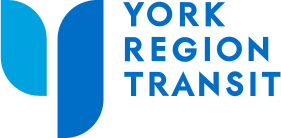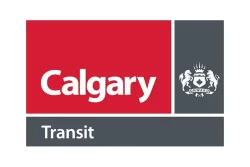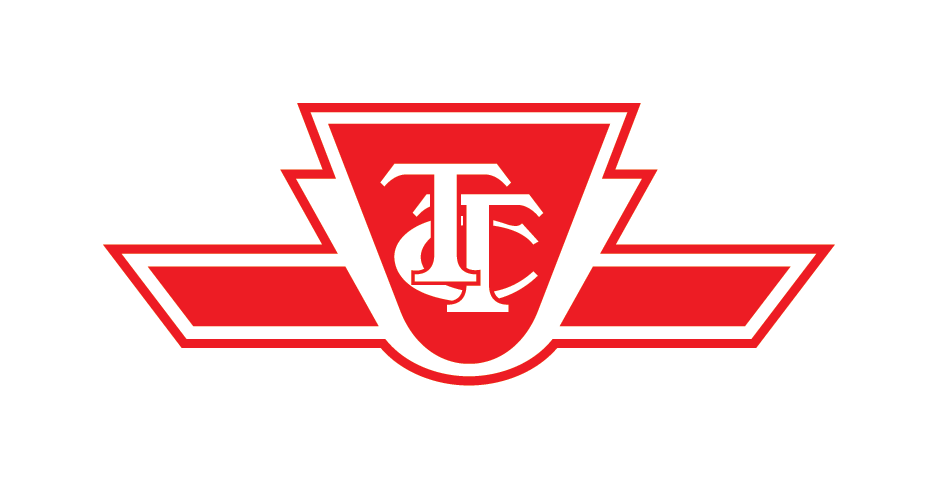Course Structure
Module 1: Introduction to Transit Planning
This module is centred around developing an understanding of the key transit outcomes that transit planners and municipal officials should strive for with transit planning. Learners will be familiarized with key transit planning topics such as transit supply and demand, transit costing, and service design.
Module 2: Transit Demand and Service Guidelines
Communities express different preferences regarding their travel needs, but how can transit planners effectively meet these needs? Building on Module 1, this module provides an overview of different passenger types and travel patterns. It defines what service guidelines are and underscores its important role in operationalizing a community’s vision and objectives. Topics include understanding customers, demand forecasting, customer experience, and service guideline processes.
The modules listed below are only offered in the full program
Module 3: Transit Supply – Part 1
This module is part 1 of a two-part segment that will provide an understanding of transit supply. In this module, learners will develop an understanding for transit capacity, modal choices in a transit network and how they work, and the unique characteristics of rural services.
Module 4: Transit Supply – Part 2 and Service Planning
This module builds upon the transit supply concepts introduced in Module 3, delving deeper into route types and the principles of transit algebra. Learners will have the opportunity to apply their theoretical knowledge to a practical application by designing their own route network using Remix software. Learners’ route design will continue to evolve as they explore more transit planning principals throughout the rest of the program culminating in a presentation of its final evolution at the end.
Module 5: Transit Supportive Land Use Planning
In this module, learners will explore the connections between land use and transit, uncovering how urban design influences the transit customer experience. They will also examine the dynamics between transit agencies, municipal transportation bodies, and land use planning departments, emphasizing the importance of integrated planning approaches. By applying this knowledge, learners will evaluate a site plan to improve operations and ridership potential.
Module 6: Integrated Mobility and Transit Finance
In this module, learners will explore mobility through a holistic lens, focusing on the integration of public transit within broader mobility frameworks. They will be introduced to CUTA’s Integrated Mobility Toolbox, which defines and guides the implementation of integrated mobility strategies. Alongside integrated mobility principles, participants will delve into the calculation of transit costs and financial performance metrics. They will gain insights into methods for improving financial outcomes and understand the financial impacts of service planning decisions on transit operations.
Module 7: Service Monitoring and Reporting
In this module, participants will delve into the intersection of transit performance with municipal and societal goals, gaining insights into how effective transit systems contribute to broader community goals. They will examine operational data, financial metrics, and system performance indicators, focusing on route planning, scheduling, and comprehensive reporting practices. Participants will also learn the essential steps in developing a monitoring program to track and optimize transit service performance effectively. Additionally, they will engage in developing and applying Service Guidelines by evaluating their previously designed route using Remix software.
Module 8: Special Topics and Studio Time
In this module, learners will have a chance to practice their presentation and facilitation skills crucial to presenting transit network plans to stakeholders. Learners will also use the time in this module to refine their service plan based on all the knowledge they have developed up until this point which will culminate into a presentation of a service plan in the next module.
Module 9: Final Presentations
To finalize the program, learners will present their transit service network plan accompanied with service guidelines to be evaluated. Learners will receive constructive feedback about their plans while also getting an invaluable opportunity to demonstrate the knowledge they have gained over the course of this program.








